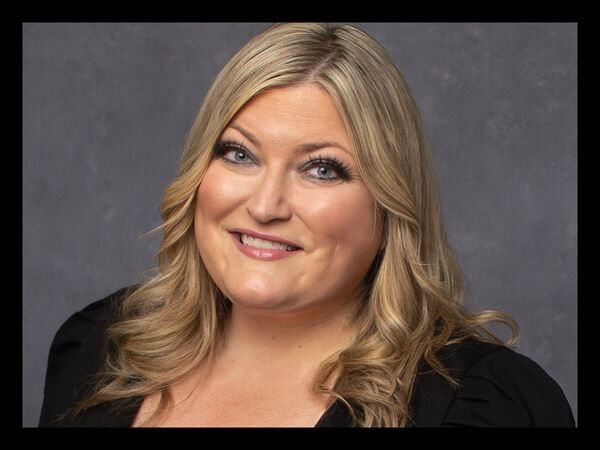South Carolina fires election chief as state deals with Trump administration request for voter data
News > National News

Audio By Carbonatix
9:08 AM on Thursday, September 18
By JEFFREY COLLINS
COLUMBIA, S.C. (AP) — South Carolina fired its election director as the state negotiates with President Donald Trump's administration about how to fulfill a federal demand to turn over records, including personal data on all voters.
The chairman of the South Carolina State Election Commission gave no reason for the firing, which happened on a 3-2 vote with no discussion after a five-hour closed meeting, beyond a statement that said the board thought it was time for a change and it wasn't because of any voting problems.
Howard Knapp was fired “effective immediately, expressing a desire for new leadership. The decision was unrelated to the conduct of any election in South Carolina," said board chairman Dennis Shedd, a former federal judge appointed by President George H.W. Bush and a longtime aide for Republican U.S. Sen. Strom Thurmond.
Knapp is part of an open criminal investigation that started six months ago after a request by the South Carolina attorney general's office, according to a statement Thursday from the State Law Enforcement Division that provided no other details.
South Carolina Republican Gov. Henry McMaster appoints the five members of the elections board and is required to make sure it includes at least one Republican, as a member of the majority party in the legislature, and one Democrat as the minority party. They choose the director, who also must be approved by the state Senate. McMaster's office said Thursday that he had nothing to say on the firing.
The elections agency has been dealing for over a month with how to answer the U.S. Department of Justice's request for data that includes names, addresses, driver's license numbers, the last four digits of Social Security numbers and dates of birth of South Carolina’s more than 3.3 million voters.
The U.S. Justice Department has asked at least 25 other states for their voter lists and the agency sued Oregon and Maine this week after they refused to turn them over. The federal government has not been specific about why it wants the information.
The South Carolina commission has said it was working with federal officials to reach an agreement to guarantee the privacy of the data. The state sells its voter list, but that doesn’t include driver’s license numbers or partial Social Security numbers.
Those talks continue and the list has not been released.
Other states share South Carolina's concerns about the requests, citing their own laws or the Justice Department’s failure to fulfill federal Privacy Act obligations. Several states have sent redacted versions of their voter lists that are available to the public, but the Justice Department has on multiple occasions expressly demanded all the information.
Voter Anne Crook sued South Carolina to keep the voter list from being released. A judge initially granted a restraining order keeping the list in state hands as the case was being heard, but the South Carolina Supreme Court quickly tossed it out, saying the order was improperly granted. Crook can request another order, but a hearing has not been scheduled.
One of her lawyers, Democratic state Senate Minority Leader Brad Hutto, said sharing the voter data would violate the right to privacy written into the South Carolina Constitution and said he isn't being told why the Justice Department needs the information.
“There may be a very legitimate reason, but I’m not sure what it is,” Hutto said. “Millions of South Carolinians out there who are not criminals and haven’t done anything wrong — why should they have their information in the hands of the Department of Justice?”
Knapp has not commented on his firing, which came as a surprise to many lawmakers and some own his own employees.
The state elections board's lack of information is especially concerning because it deals with a fundamental American right, said Lynn Teague, vice president of the League of Women Voters in South Carolina.
“It is essential that we know that it is governed by responsible management concerns and not by political interests,” Teague said. "The public must be given an explanation.”








